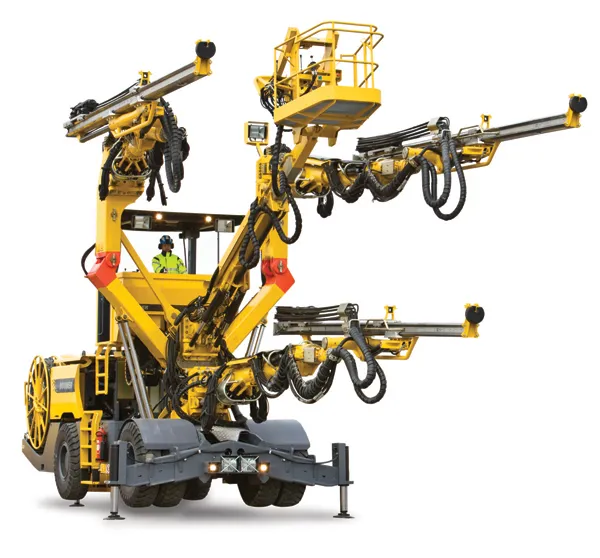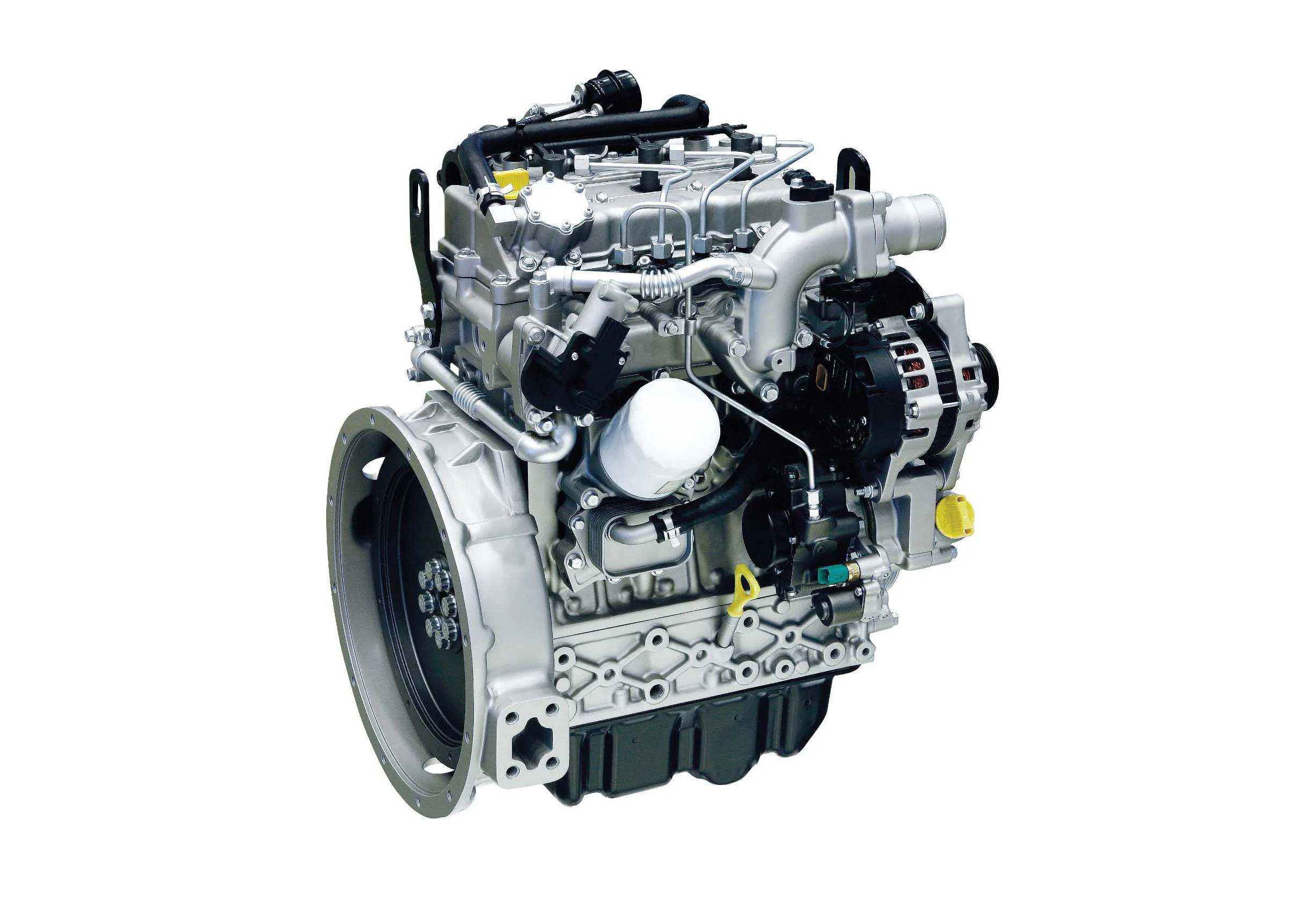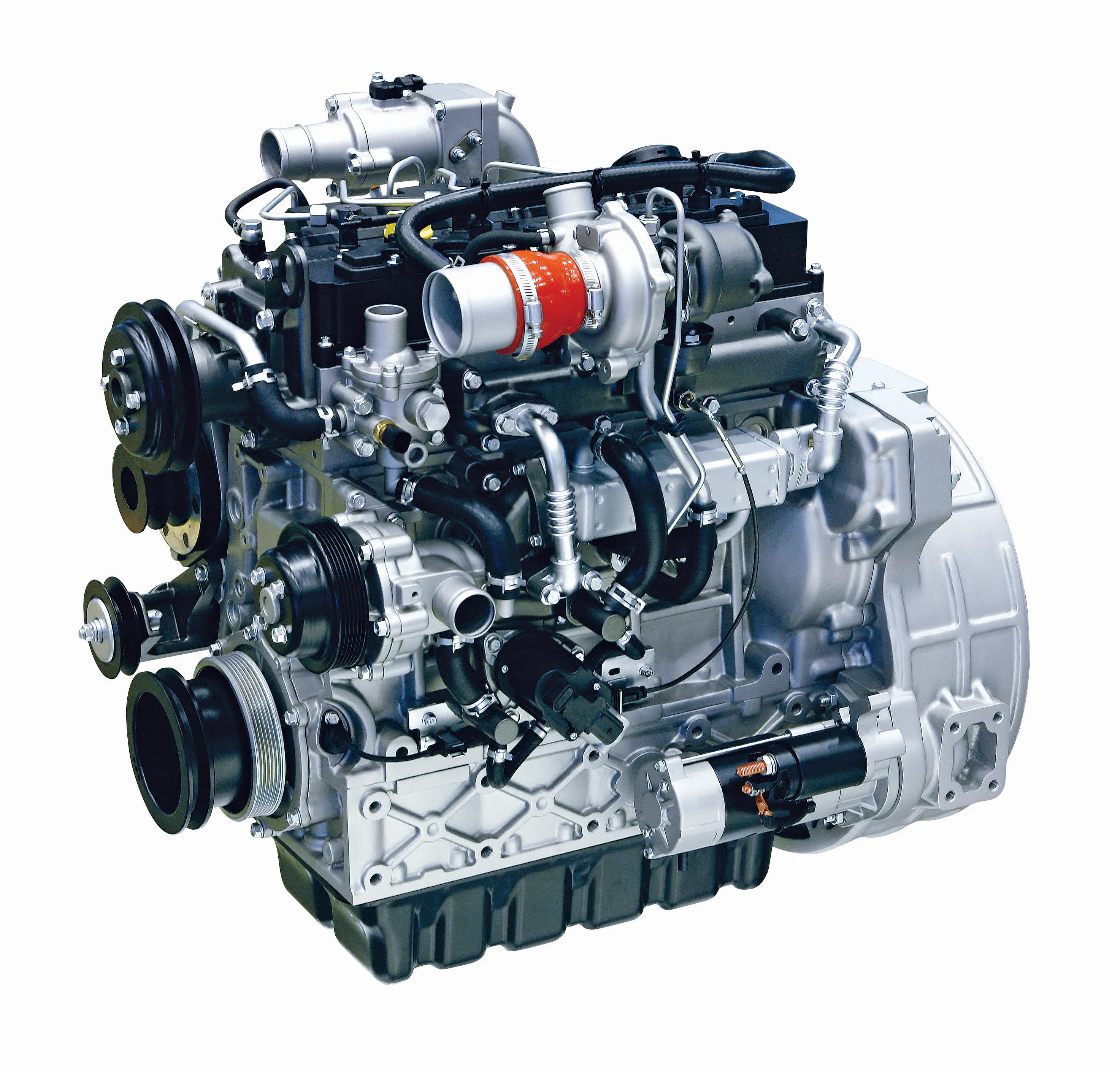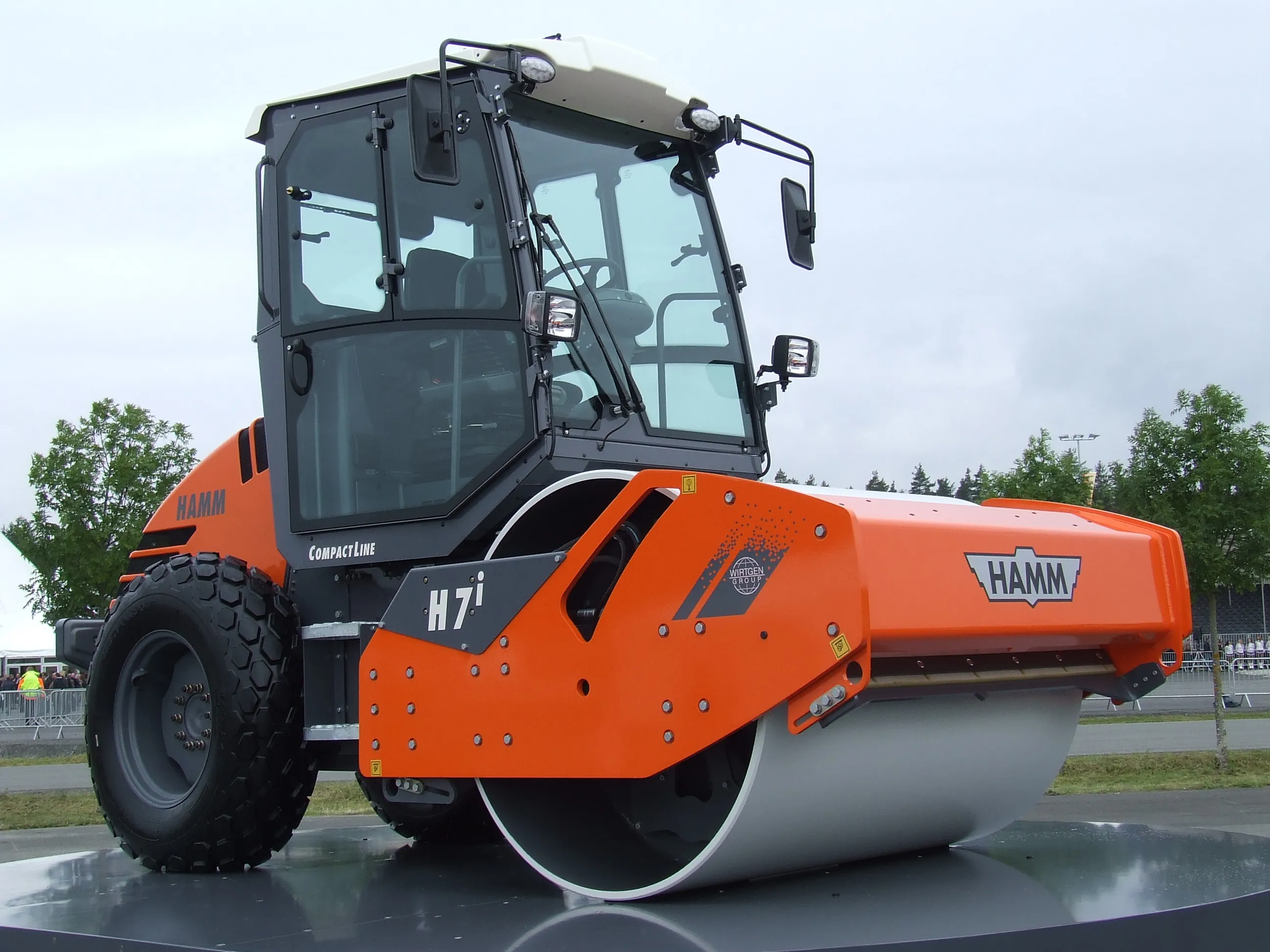Safety, ergonomics and high productivity have been in focus when designing the new Atlas Copco Boomer XL3 D for users who prefer a traditional direct control system, says the company.
February 17, 2012
Read time: 2 mins

Safety, ergonomics and high productivity have been in focus when designing the new 161 Atlas Copco Boomer XL3 D for users who prefer a traditional direct control system, says the company.
The Boomer XL3 D offers several innovations, and great emphasis has been placed on the interaction between the operator and the direct-controlled rig, which is ideal for large tunnels in civil engineering projects.
"The work space is now less noisy thanks to the improved control system that has a reduced amount of high pressure hoses near the operator," says Atlas Copco.
"The control system's hydraulics also provides improved precision and simplicity and together with the new ergonomic control panels this is advantageous for both safety and productivity. The easily accessed service points are also an important aspect of the ergonomic design." To reduce particle and nitrogen oxide emissions, the Boomer XL3 D is equipped with a Tier III engine.
"For increased productivity and precision, the rig is also prepared for the optional Feed Angle Measurement (FAM) 3, a system that helps the operator to drill precisely according to plan, resulting in considerably less over and underbreak and gives longer rounds," says Mathias Edhammer, product manager Face Drilling Rigs, Atlas Copco.
The Boomer XL3 D can be fitted with a wide range of powerful rock drills for different rock conditions, including the well-proven COP 1638, COP 1838 and the powerful COP 2238.
The Boomer XL3 D offers several innovations, and great emphasis has been placed on the interaction between the operator and the direct-controlled rig, which is ideal for large tunnels in civil engineering projects.
"The work space is now less noisy thanks to the improved control system that has a reduced amount of high pressure hoses near the operator," says Atlas Copco.
"The control system's hydraulics also provides improved precision and simplicity and together with the new ergonomic control panels this is advantageous for both safety and productivity. The easily accessed service points are also an important aspect of the ergonomic design." To reduce particle and nitrogen oxide emissions, the Boomer XL3 D is equipped with a Tier III engine.
"For increased productivity and precision, the rig is also prepared for the optional Feed Angle Measurement (FAM) 3, a system that helps the operator to drill precisely according to plan, resulting in considerably less over and underbreak and gives longer rounds," says Mathias Edhammer, product manager Face Drilling Rigs, Atlas Copco.
The Boomer XL3 D can be fitted with a wide range of powerful rock drills for different rock conditions, including the well-proven COP 1638, COP 1838 and the powerful COP 2238.









